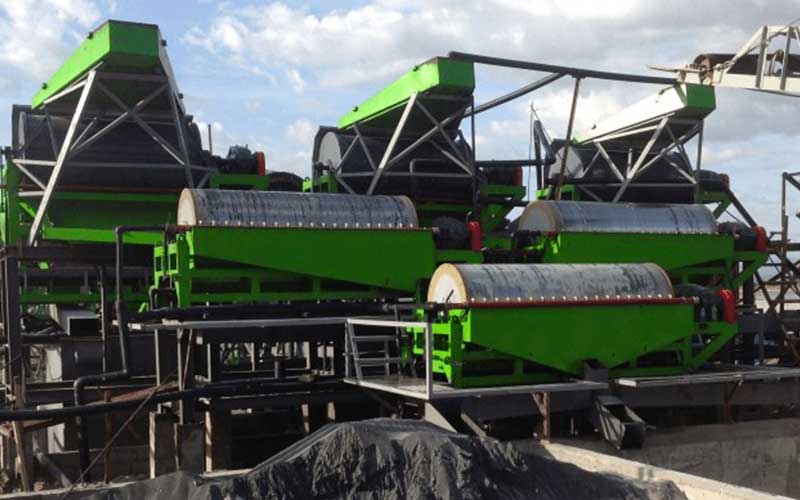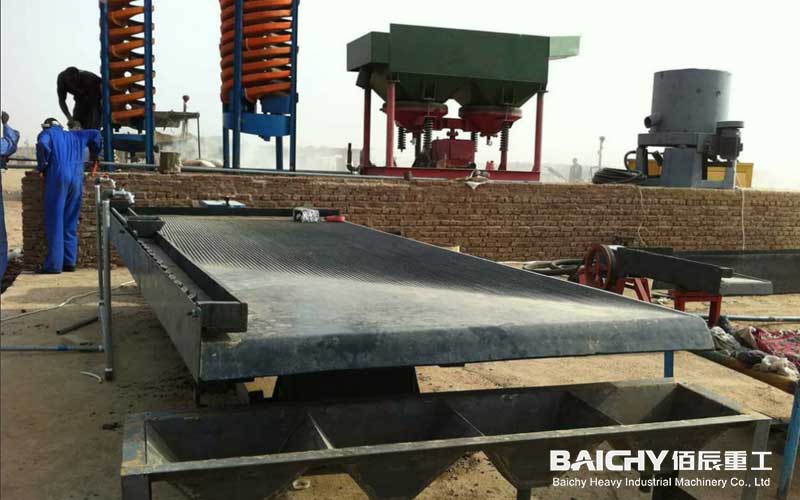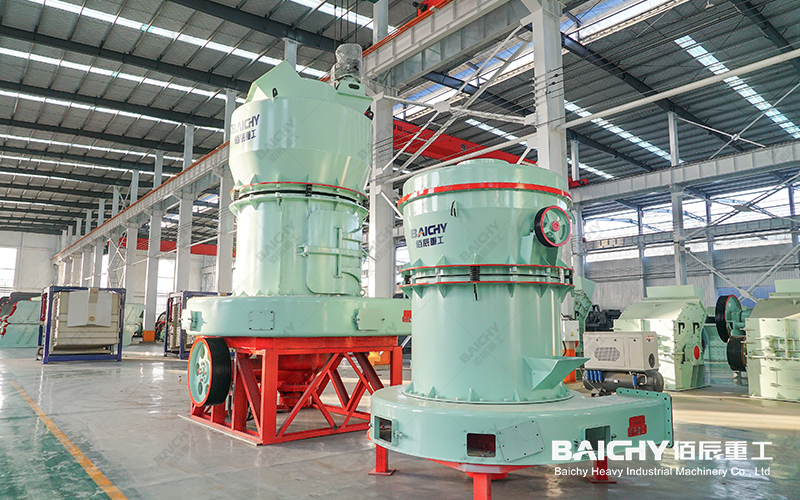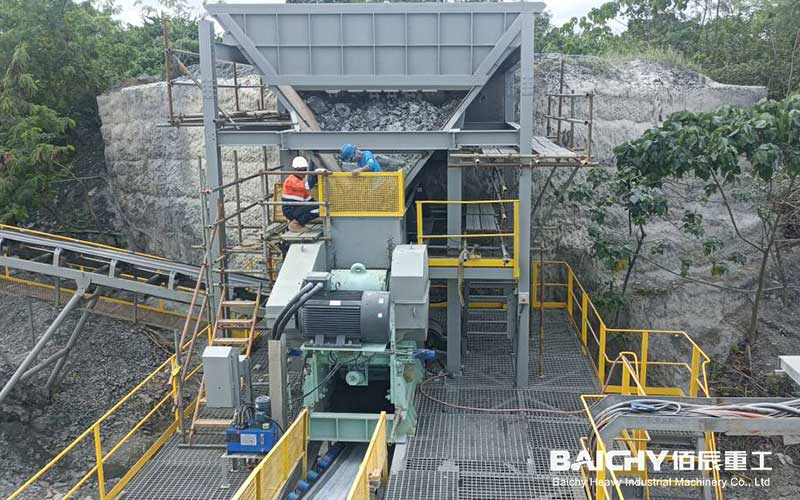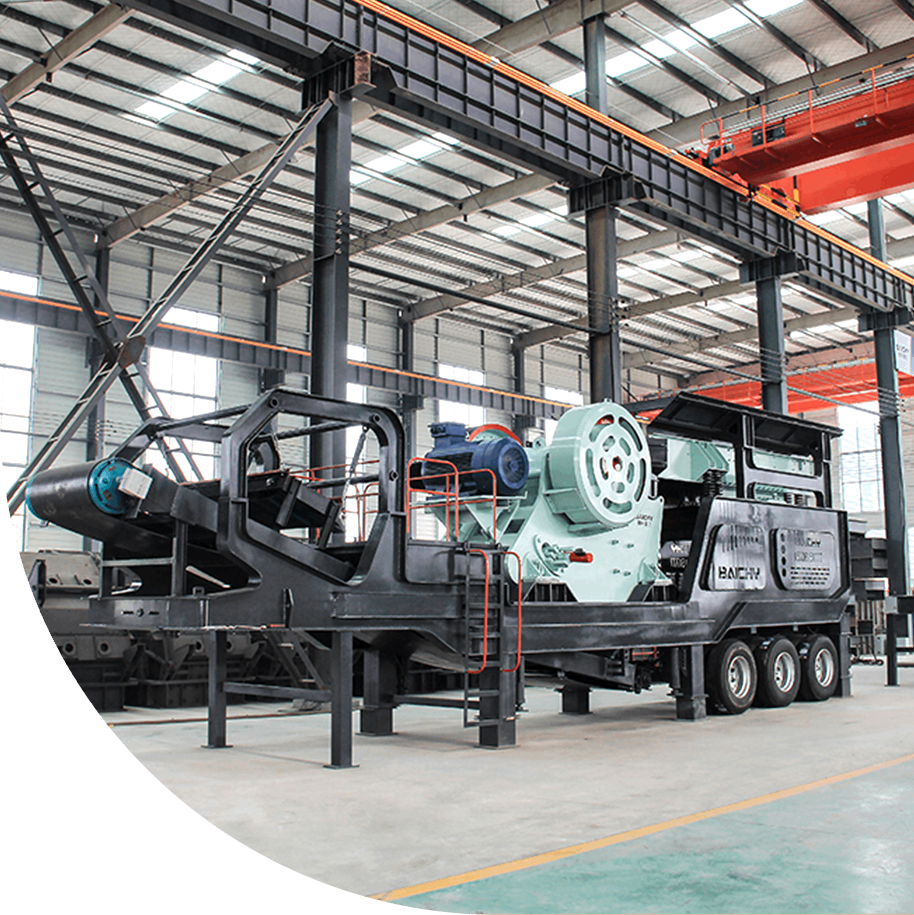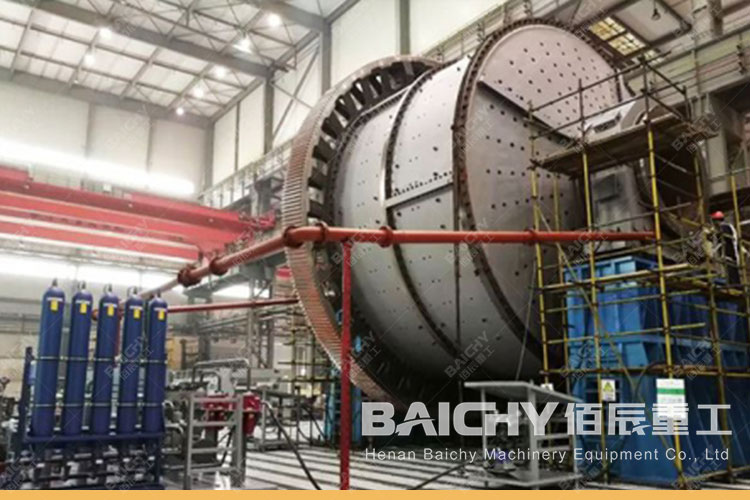
Technology Trends, Selection Guide and Industry Applications of Semi-Autogenous Grinding Mill (SAG Mill) in 2024
As the core equipment of modern mineral processing technology, the Semi-autogenous Grinding Mill (SAG Mill) occupies an important position in the field of ore crushing and grinding with its advantages of high efficiency, energy saving and strong adaptability. In 2024, with the rapid development of intelligent, energy-saving and environmentally friendly technologies, SAG mills have made new breakthroughs in structural design, material application and control strategy. This article will deeply explore the latest technological progress, selection points, maintenance optimization and industry applications of SAG mills in 2024 to help users improve production efficiency and reduce operating costs.
1. New Technology Trends of Semi-Autogenous Grinding Mill (SAG Mill) in 2024
1.1 Intelligent Control System Upgrade
AI+Internet of Things (IoT) Integration: In 2024, SAG mills are generally equipped with intelligent sensors and data analysis platforms to monitor mill load, liner wear and energy consumption in real time to optimize grinding efficiency.
Adaptive adjustment technology: Dynamically adjust the speed and feed rate through machine learning algorithms to reduce over-grinding and reduce energy consumption by 10%-15%.
1.2 Material and structural innovation
High wear-resistant composite material lining: Use nano-coating or new alloys to extend the service life to more than twice that of traditional materials.
Modular design: Simplify maintenance processes, shorten downtime, and improve equipment availability.
1.3 Energy-saving and environmental protection technology
Low-energy drive system: The application of permanent magnet motors or frequency conversion technology reduces energy consumption by 20%.
Dust and noise control: Closed structure + high-efficiency dust removal system to meet stricter environmental regulations in 2024.
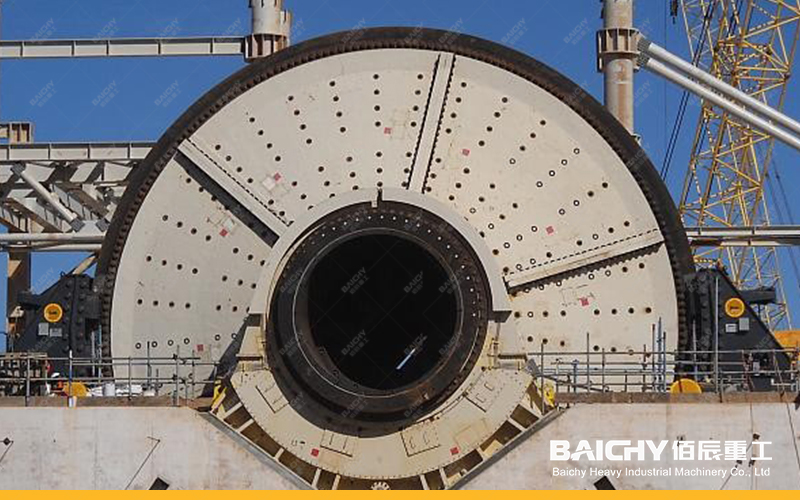
2. SAG mill selection guide: How to choose the most suitable equipment?
2.1 Key selection parameters
Ore characteristics: hardness, particle size, mud content (such as hard rock is suitable for large-diameter SAG mills).
Processing capacity: Choose matching specifications according to the scale of the concentrator (e.g. mills above Φ8m are suitable for large mines).
Energy consumption ratio: Compare unit energy consumption (kWh/ton), give priority to high-efficiency and energy-saving models.
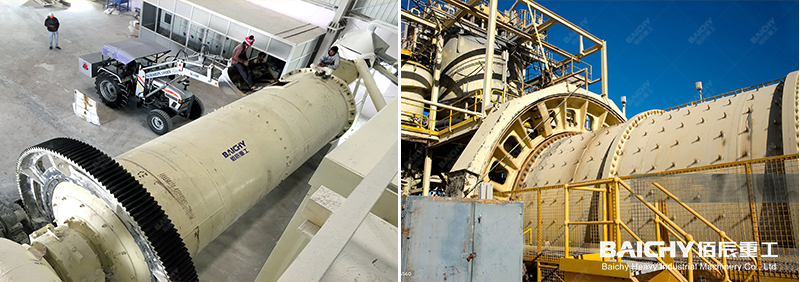
2.2 SAG mill vs. ball mill: How to choose?
| Comparison items | SAG mill | Traditional ball mill |
| Applicable ore | Medium-hard to hard ore | Fine grinding, soft ore |
| Energy consumption | Lower (self-grinding reduces steel consumption) | Higher (depends on steel ball media) |
| Investment cost | Higher | Lower |
| Maintenance complexity | Higher (need to monitor liner wear) | Lower |
Conclusion: SAG mill is more suitable for large-scale, high-hardness ore processing, while ball mill has more cost advantages in fine grinding.
3. SAG mill maintenance and optimization strategy
3.1 Daily maintenance points
Liner inspection: Check wear every 500 hours to avoid sudden failures.
Lubrication system monitoring: Ensure that bearings and gearboxes are well lubricated to reduce friction losses.
Vibration and temperature monitoring: Abnormal vibration may indicate imbalance or mechanical failure.
3.2 5 tips for optimizing grinding efficiency
Control feed size: Avoid overloading the mill due to large ore.
Adjust steel ball ratio: Optimize steel ball size and filling rate according to ore hardness.
Use an intelligent control system: Adjust process parameters in real time to maximize output.
Regularly clean the screen: Prevent blockage from affecting the classification effect.
Energy consumption data analysis: Optimize the operation mode through historical data.
4. SAG mill industry application cases in 2024
Gold ore dressing: South African gold mines use Φ10m SAG mills, which increase processing capacity by 30% and recovery rate by 5%.
Copper ore crushing: Combined with high-pressure roller mill (HPGR) pre-crushing, the energy consumption of SAG mills can be reduced by 18%.
Spodumene processing: Modular SAG mills help lithium mining companies expand production quickly and adapt to market demand.
In 2024, semi-autogenous mills (SAG mills) will continue to develop in the direction ofintelligence, efficiency, and greenness. With the application of technologies such as 5G and digital twins, SAG mills may realize advanced functions such asremote operation and maintenance, and predictive maintenance in the future. For mining companies, choosing the right SAG mill and optimizing operations will be the key to improving competitiveness.
Consult now: If you need the latest SAG mill technology solutions or customized selection suggestions in 2024, please contact our expert team!




